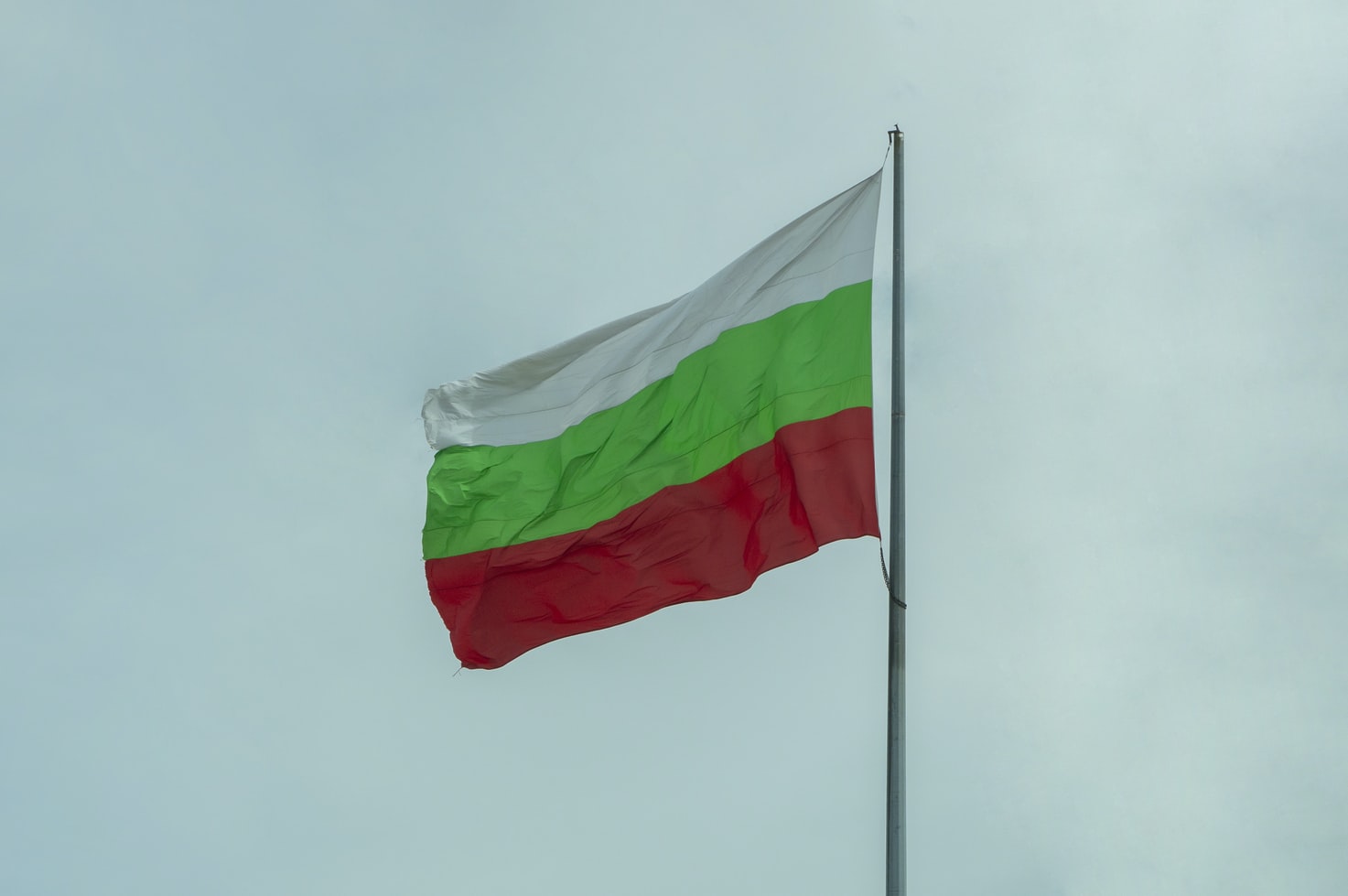
Before the country became a sovereign state, it was ruled by ancient Rome, Greece, and Byzantium monarchs. Bulgaria is a mix of Eastern and Western cultures since it shares its borders with Romania, Serbia, North Macedonia, Greece, and Turkey.
Being the 16th largest country in Europe, there are lots of places to visit, things to do, and questions on your mind. In this article, we will answer a handful of FAQs asked by expats and foreigners immigrating to Bulgaria.
How is life as an expat in Bulgaria?
Founded in the 7th century, Bulgaria is one of the oldest states in Europe and one of the cheapest places to live in Europe. Bulgaria has the choice destination for Britons looking for a home or Internet-based businesses in Europe with low taxes.
Yes, Bulgaria is a tax haven for EU citizens and even third-country nationals. If you want to reduce the amount you pay in taxes for your business or from your income, then Bulgaria is for you.
Since 2011, the country has used a flat tax system where personal and corporate taxes were as low as 10% across the board.
Aside from low taxes, this European country also has one of the most beautiful landscapes and sceneries. The mountains here are stunning and there are ski resorts and equipment stores where you can get gears to explore the mountains.
Rent and utility bills in Bulgaria are 74.06% lower than in the UK. The country has a lot of affordable hotels, restaurants, property, and accommodation compared to other states in the European Union.
Groceries and home appliances are also available at the cheapest prices you can find in Europe. Retirees and veterans can live every comfortable life here no matter how little their pension income may seem.
Bulgarians are also very polite and welcoming to expats and foreign residents living in their community. Life in Bulgaria is simply amazing; whether you’re a beach lover, avid hiker, or digital nomad, this elegant country has a lot to offer to both expats and investors.
Is Bulgaria a safe place to live
Bulgaria is one of the safest and most peaceful countries on Earth. It has one of the lowest crime rates and industrial actions in Europe. The people here are friendly are would gladly assist anyone regardless of their age, gender, religion, race, or nationality.
However, not everybody here is courteous and friendly. Pickpockets and fraudsters can easily take advantage of distracted and unsuspecting tourists in city centers, tourist resorts, hotels, and other crowded areas.
Try your best to blend in even if it’s your first time in the country. If you don’t look or act like a tourist, these villains won’t notice you and you can enjoy your visit. You can also dial “112” to reach the emergency services when you are in trouble or need an extra hand.
Are there jobs for expats?
If you have intermediate knowledge of technology, are a native English speaker, or can work remotely, getting a job in Bulgaria is easier than you’d think. There are plenty of jobs for ex-pats in these sectors.
If you are an EU national, you do not need a work permit to work or start a business. Non-EU nationals are required to possess a work permit before they can be allowed to work in the country.
Getting a Bulgarian work permit is easy since your employer is charged with the duty of applying and obtaining this document on your behalf. You only have to sign an employment contract and your employer will do the rest.
What is the quality of education in Bulgaria?
As you know, European education is known for its high standards. The academic system and quality used in Bulgaria are similar to those used in other European countries. Education is mandatory for students between the ages of 7 and 16.
The educational institutions are not just responsible for academic training; they provide essential values and norms required for the upbringing of students for a successful realization in civic and healthy society.
If you are relocating to Bulgaria with children, you can enroll them in an international school if you live in Sofia or its neighboring cities. This way, your child/children get the same quality education and curriculum used in your home country.
What is the cost of accommodation in Bulgaria?
Bulgaria is an incredibly affordable destination compared to other countries in Western and Central Europe. The cost of accommodation and property can seem like a steal.
There are lots of affordable hotels and suites available throughout the state. A mid-range boutique hotel will charge you about €62 per night. There are also 5-stars hotels and homes on Airbnb that you can lodge in if you plan to stay longer.
You get a one-bedroom apartment in Sofia for as low as €300 and a three-bedroom apartment for as low as €390. If you plan to buy a home, €35,000 can get you a 134m2 fully-furnished three-bedroom house just outside Sofia.

